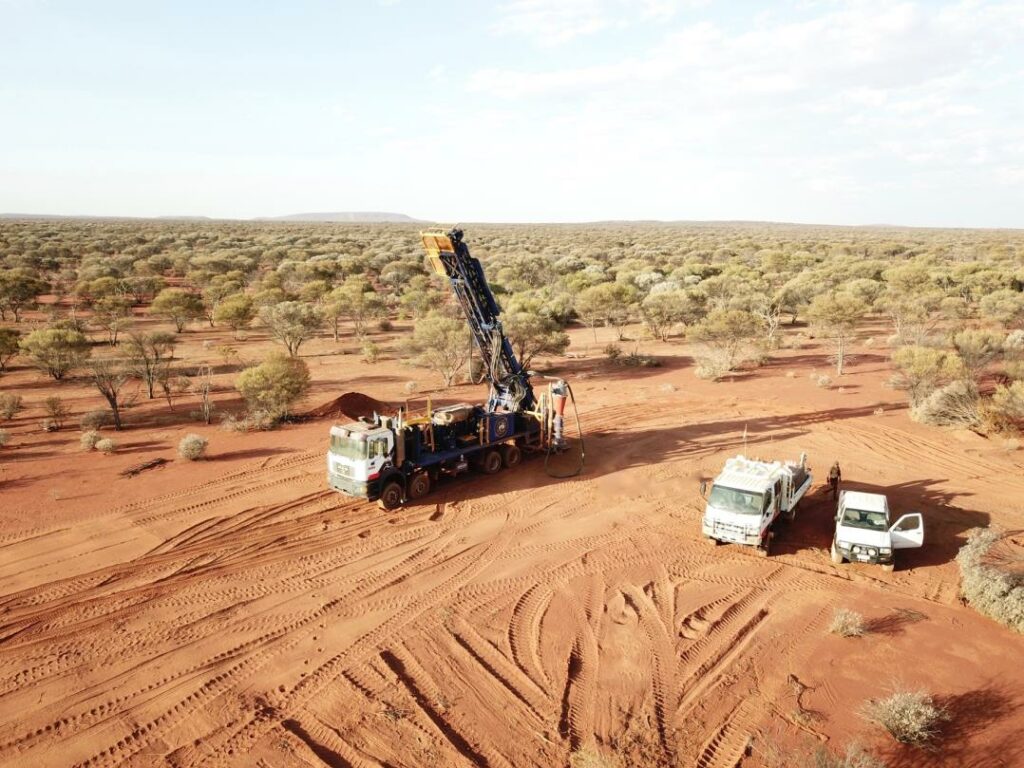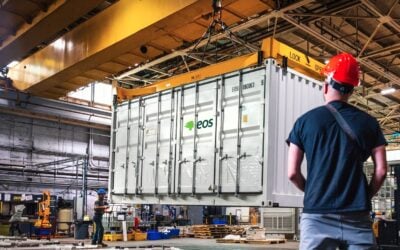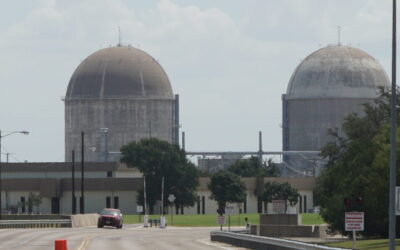
The Vecco Critical Minerals Project, an AU$798 million (US$540 million) initiative aiming to unlock upstream battery manufacturing and processing, has been declared a “coordinated project” by the Queensland government in Australia.
The project, which would see an open-cut mine built around 70km north of Julia Creek and a critical minerals processing plant, aims to catalyse the state’s battery and energy storage value chain by providing mining, processing, and manufacturing capabilities in the state.
Enjoy 12 months of exclusive analysis
- Regular insight and analysis of the industry’s biggest developments
- In-depth interviews with the industry’s leading figures
- Annual digital subscription to the PV Tech Power journal
- Discounts on Solar Media’s portfolio of events, in-person and virtual
Critical minerals collected here would then be supplied for use in the local manufacture of rechargeable batteries for grid-scale energy in Townsville, where recently, the government confirmed that it would house a local renewable energy zone (LREZ).
Plans for the project envisage the production of a mine and processing plant for greenfield vanadium, high-purity alumina, and molybdenum, producing up to 8,000 tonnes per annum of vanadium. Over the course of 17 years, 4,000 tonnes per annum of high-purity alumina and 600 tonnes per annum of molybdenum would also be produced.
Being declared a coordinated project enables the project developer, Vecco, to pursue the required environmental approvals. Pending these approvals, the project is expected to enter construction in 2025, and the operational phase is expected to commence in late 2026.
Queensland’s vanadium abundance grants an edge over rivals
Grace Grace, Queensland’s minister for state development and infrastructure, said that the proposal would further establish Queensland’s status as a “world leader in renewable energy” and will “uniquely set up to support the shift to new, high-value industries including battery development, which will shape Queensland’s economic future”.
Indeed, the government previously commissioned a report that found advantages in the value chain for lithium-ion (Li-ion) batteries in terms of raw materials in the state. Queensland has reserves of vanadium that could be leveraged, giving the state a competitive edge over rival domestic and international markets. This was complemented by the state’s official battery strategy, which was released as part of its major Energy and Jobs Plan.
“With demand for battery storage set to increase tenfold by 2030, this is a once-in-a-lifetime opportunity for Queensland to become a driving force in developing, manufacturing, and deploying new energy storage technologies,” Grace added.
Energy storage will continue to surge globally as countries look to attain their respective climate targets and increase the amount of renewable energy entering the electricity mix, which is often variable.
On this topic, Thomas Northcott, Vecco Group managing director, highlighted that Australia’s demand for medium and deep duration storage by 2045 has “been estimated at over 100GWh”, with the vanadium flow batteries set to be manufactured in Townsville set to “help meet this need while creating good jobs in regional areas”.






